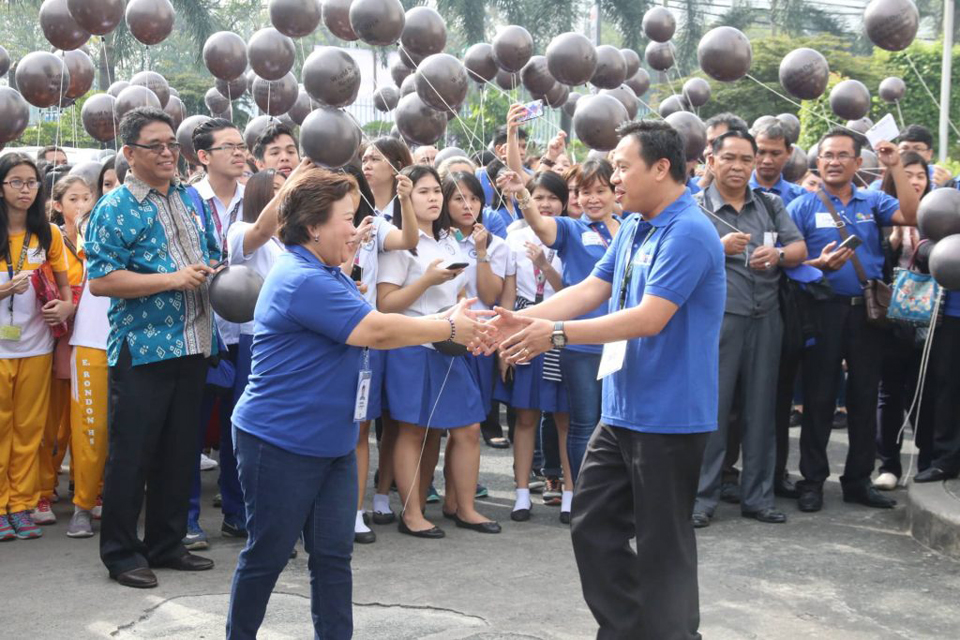
The Department of Agriculture (DA), thru the Bureau of Soils and Water Management (BSWM) and with support from the Food and Agriculture Organization (FAO) launched the Philippine Soil Partnership (PSP) during the celebration of the World Soil Day on December 5, 2018.
The PSP aims to improve soil governance at the national level to encourage partner institutions to act together in order to protect and preserve the limited soil resources of the country. It also seeks to promote sustainable soil management, towards a healthy and productive soil for the country.
“It is time to protect, conserve and preserve our remaining area of productivity,” BSWM OIC-Director Angel C. Enriquez stressed in her message.
“A healthy soil means a healthy ecosystem,” she added.
WSD 2018, under its theme Be the Solution to Soil Pollution, aims to raise awareness and encourage the public to act together to address the threatening reality of soil pollution.
The global community recognizes soil pollution as a hidden danger to people’s health and food security.
Studies show that the incongruous presence of chemical substance at a higher than normal concentrate level has effects on non-targeted organism. This pose serious threat to food security and safety, causes groundwater contamination, loss of soil biodiversity and risk to human health.
“At present, we don’t have national assessment on soil pollution and researches on how to mitigate these chemicals that may cause soil pollution, and so we have to act together to address this,” Enriquez said.
The celebration was attended by representatives from DA regional field units, other national government agencies, civil society organizations, academic institutions, students from nearby schools and other private sectors.
Thru the creation of PSP, BSWM will promote sustainable management of soil resources for soil protection, conservation and sustainable activity; encourage investment, technical cooperation, policy, education awareness and extension in soils; promote targeted soil research and development focusing on identified gaps and priorities and synergies with related productive, environmental and social development actions; enhance the quantity and quality of soil data and information thru data collection (generation), analysis, validation, reporting, monitoring, and integration with other disciplines; and harmonize methods, measurements and indicators for the sustainable management and protection of soil resources. ### (Kristel Merle, DA-AFID)














